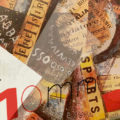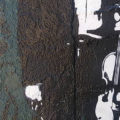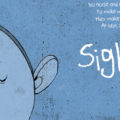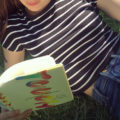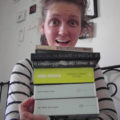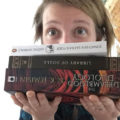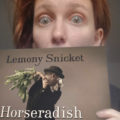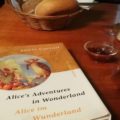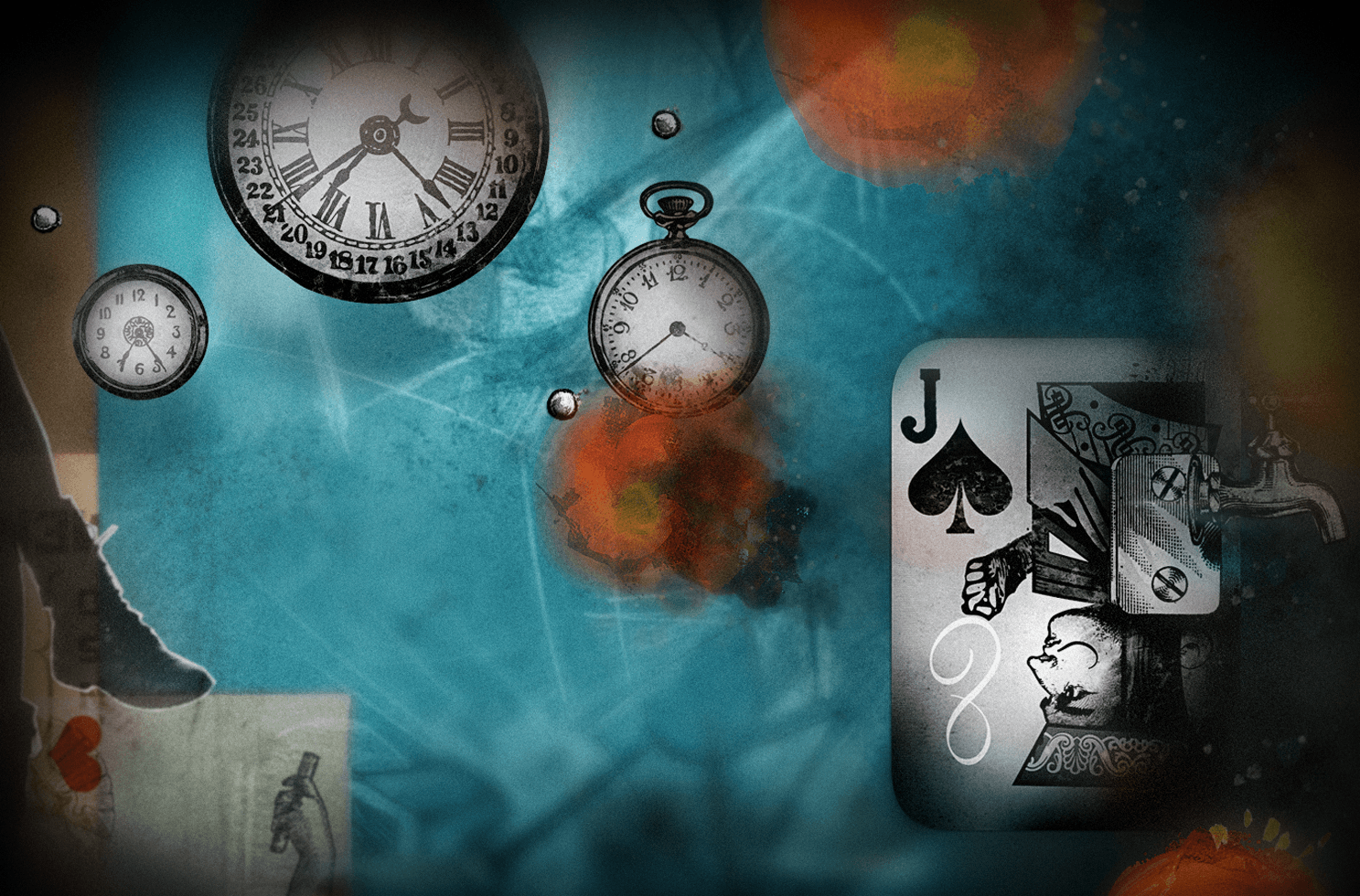I’m back in Berlin!
I am here at least until early next year when my visa runs out. For July I have a place to live, then will look for a shared flat.
Here’s a reading update:
When Nietzsche Wept: A Novel of Obsession by Irvin D. Yalom
FIND IN LIBRARY BUY AUTHOR 4⁄5
This book came to me at a helpful time as I was dealing with a fair amount of despair. It was really elucidating to see the way these two men dealt with their irrational desires and sadness. It left me in surprisingly positive spirits, and I appreciated having this introduction to Nietzsche and Freud in such a down to Earth and friendly way. It made their philosophy much more approachable to have it presented in this narrative style.
The Doors of Perception & Heaven and Hell by Aldous Huxley
FIND IN LIBRARY BUY AUTHOR 5/5
Top notch book. Really elucidating and constantly interesting. I will never look at patterns or drapery the same way again. It was so refreshing that Huxley had also experienced death of the ego, and writes things like. “I, or one of the many not I’s, would do something.” It was really relaxing to read someone else had gotten to that point. This book focused both on the mundane as resplendent and the inner reality as infinite and holy.
I loved the quote, “A Madonna is 85% drapery.”
Eating Animals by Jonathan Safran Foer
FIND IN LIBRARY BUY AUTHOR 3⁄5
Whew, this book was a doozy. So – I read this at a point in my life where I was eating vegan but struggling to find enough to eat and always feeling hungry. It increased the rage I feel towards factory farming tenfold.
I learned about how chickens are slaughtered, about how likely meat is to contain things which can make a person sick and about how feces from the slaughterhouses is a major pollutant.
I like Jonathan Safran Foer and it was interesting to hear him speaking about his struggle in what seemed like an honest yet still quite researched way. I didn’t think this novel came off as preachy, yet it took me a long time to read it (like 12 days) because it was difficult to stomach at times.
I can’t imagine being someone who wasn’t vegetarian and enjoying reading it because it’s filled with so many difficult realities caused by meat production.
Sapiens: A Brief History of Humankind by Yuval Noah Harari
FIND IN LIBRARY BUY AUTHOR 4⁄5
**SPOILER ALERT** This book took me a long time to get through, but when I had time to sit down and concentrate on it I was really interested by his ability to present history in a story-like fashion.
It? was neat to get to trace the whole evolution of people into societies and into cultures. I learned a lot reading this book. Especially that the rise of empire didn’t actually decrease human suffering. And that overall we are often still just as unhappy, although usually less in danger of starvation.
I thought the author usually did a good job in mentioning both sides of an argument and he came across as idealistic sometimes, but usually brought up a counter point on the next page.
This book talked a lot about religions and I appreciated that the author spoke about Buddhism at length as a possible solution to our problem of not being satisfied in the modern age.
It was also cool how he broke down the details of Catholic and Protestant religions into digestable differences.
His discussion of “imagined orders” was novel. The fact that all the rules and traditions governing our behavior are created and part of the imagination of people of the past.
The idea of the “ardent belief of romantic consumerism” shaping our desire for things and experiences was hard to hear but on point.
I thought that the fact he emphasised that human subjugation of animals has led to the current heinous conditions in factory farming was important. Since he did an overview of the developing world – he was right to mention that, and he did so multiple times.
His positing of a future where we might have the ability to control our genes, mortality and neurotransmitters was frightening and made me curious about the future.
I think as humans we should talk more about this question he brought up: “what would we like to become?”
Quotes I liked include: “Consistency is the playground of dull minds,” “realizing that they are not their feelings and that pursuing them traps them in misery,” And the Buddhist idea, “rather the real root of suffering is this never ending pointless pursuit of ephemeral feelings, which causes us to be in a constant state of tension, restlessness and dissatisfaction.”
The Pianist: The Extraordinary Story of One Man’s Survival in Warsaw, 1939–45 by Władysław Szpilman
FIND IN LIBRARY BUY AUTHOR 4⁄5
This book was incredibly captivating … the imagery is shocking and sometimes horrifying and the fact that this experience is one that someone lived through is astounding. reading this helped give me a perspective on my life and how privileged I am to have security I would typically take for granted.
The Handmaid’s Tale by Margaret Atwood
FIND IN LIBRARY BUY AUTHOR 3⁄5
I was exposed to this narrative first through the show, but then found the book. I enjoyed the book less than I liked the show, which I felt used the visual symbols more effectively.
Still – this story is incredibly captivating.
I had trouble putting the book down even though I knew what was going to happen.
The phrase “change is not always best for everyone, there will always be those that suffer” stuck with me. This idea that every new society is built on the backs of those with less power.
The ritualized aspect of rape in this story was really horrifying. As was hearing about the utter aloneness the character feels throughout the narrative. I also appreciated how the character had to experience so much dead, waiting time- like one might in real life.
Overall this was a very novel and interesting story.
Perdido Street Station by China Miéville
FIND IN LIBRARY BUY AUTHOR 5/5
Captivated by it as if it were a Slake Moth. While reading this, I went along with a index card and ended up learning around many new words – which was great.
I loved the contrast of how horrifying it was and how human. The author’s clever approach really impressed me. In the scene where Isaac wired up the machine consciousness and the Weaver, it seemed like a direct parallel to that of the left and right side of the brain. It was so cool that such an overload would slay the moths.
I was impressed by how cruel he was to his characters and how much trauma he put them through. It was also great how many little secret narratives, like the Eyespy killer ran along with the main plot. This is the longest book I’ve read so far, and I was glad of how it didn’t end quickly. Becoming engorged in this implementation horrible world was a delight.
The Ethical Slut: A Guide to Infinite Sexual Possibilities by Dossie Easton, Catherine A. Liszt
FIND IN LIBRARY BUY AUTHOR AUTHOR 3⁄5
Parts of this book were really helpful. It contained a lot of information which I found valuable and the fact this book exists as a primer for those trying out poly is great. It is rare because it talks about topics that are often not approached or talked about like dealing with jealousy, boundaries and expectations. I appreciated the personal antecedents from the authors and thought it was sweet they wrote this together.
Rise of the Dungeon Master: Gary Gygax and the Creation of D&D by David Kushner, Koren Shadmi
FIND IN LIBRARY BUY AUTHOR AUTHOR 3⁄5
I found this comic pleasant and informative. I liked the black and white style and how they didn’t waste money on coloring. It was neat to get to hear the story of how Gygax and TSR grew into the massive giant D&D is today and I was pleased with how they brought it back to the point of the game being about collaborative storytelling. I would give this to someone who thought the game was evil just to explain how it really works.
The City & The City: A Novel by China Miéville
FIND IN LIBRARY BUY AUTHOR 3.5/5
This book was interesting and conceptually very clever. While the idea behind it is very novel and interesting, it just didn’t grab me like Perdido Street Station and I found it difficult to become engrossed in the story.
Also I missed the usual flower verbiage Miéville usually uses.
This book took me two months to read, too which is crazy because his 600 page book took 4 days for me. In the future I will seek out more of his books that have more of a basis in fantasy.
This one is now currently reading Wade Davis’ The Serpent and the Rainbow, China Miéville’s The Scar, and Italo Calvino’s Invisible Cities.
What written works are part of your summer journey?
—carnelian king
Flommist Carnelian King is a performing artist, product designer, toy maker and nonbinary clown currently living in Berlin. Copyright © 2019 Carnelian King. Pictured: A Carnelian in her natural habitat.
PLEASE SUPPORT FLOMM
TIPS + DONATIONS DISCREETLY ACCEPTED







